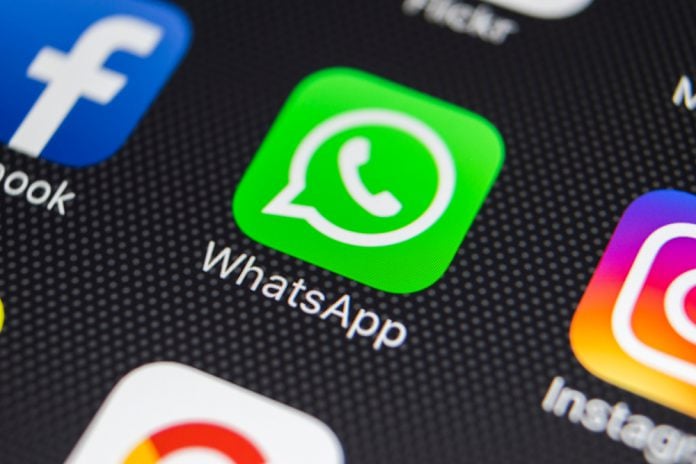The Indian payment market is evolving at a rapid pace, with WhatsApp’s entry to the market underlining the growth of what consumers in the region desire.
During the second day of the SBC Digital – India Summit, the Payments panel, which was sponsored by InPay, highlighted just how the ecosystem has changed and why consumers are switching to mobile as convenience continues to be key.
Vasudha Bachchan, Indian Content Developer at Leadstar Media, underlined her thoughts on the current state of play for the Indian market, she said: “In terms of the State of the Nation right now. I feel like India has made such positive strides in the payment sector, because you have clearly innovative payment technology like UPI apps, like Google Pay, and PayTM really, optimising the way users pay in India.
“We have gone from being a very cash-driven economy to a very digitalised economy and it’s really all been because of the demonetisation that has happened in the country, which was accelerated by the pandemic.
“Mobile payments are just so easy and convenient – It’s become the preferred payment method in India, and its growth is exponential.
“I’m really interested to see what WhatsApp will do in the sector, of course, there are some privacy concerns, because of WhatsApp’s new policy, and, of course, these are concerns that the user should be made aware of so they can decide for themselves if they want to engage with the WhatsApp payment journey because of course, the market is incredibly competitive.”
Phil Neal, Vice President of Strategy and Partnership, Rupee Payments, added on the state of play in the country: “There are a few different payment types that you have to have, and are essential if you want to conquer the Indian market.
“Traditional cash payments COD, which still today. In India, even in spite of Amazon, is the number one payment method, even for gaming, it’s still number one in India.
“And then you have traditional net banking, which to a certain extent is still very popular with the masses.
“UPI is really taking over. And we can see that UPI is on the brink of becoming the number one payment method in India, the technology is truly phenomenal and I actually expect other countries to adapt their technology because it is so good.”
Moderating the discussion, Dan Phillips, CEO, Nel Advisory was keen to hear the insight of the panellists on the role of WhatsApp in the market and the role of regulatory checks.
“On that kind of WhatsApp privacy area in linking with Facebook and so on and so forth. They took a massive backlash as a company globally not just around payments, but globally. You know there was, you know they lost a fortune on their share price and then said, ‘Well, maybe we should delay this’, clearly they were probably testing the water and I guess you know a company as big as that is going to listen to the public.”
Neal commenced by offering his prediction on the Indian market revealing his belief that WhatsApp pay will be ‘very very popular in India’.
He continued: “There were some challenges when they first came to market, getting the license, etc. And they were rebuffed back quite a bit. In December, they had a launch for 20 million customers to begin with and still today they haven’t rolled it out to the whole population. So there are some people that can’t actually access WhatsApp which is actually linked to UPI.
“Obviously, being the most used app in India there are some challenges not only regarding the privacy settings but also regarding potentially having a monopoly over the market as well.
“In terms of these privacy settings, WhatsApp doesn’t share transaction data right. So I don’t expect it to be a big issue for the Indian consumer.
“Indian consumers want convenience. And that is why UPI has become so popular because it is very very convenient. And I don’t think that there can be any other payment method that can be as convenient as WhatsApp.”























